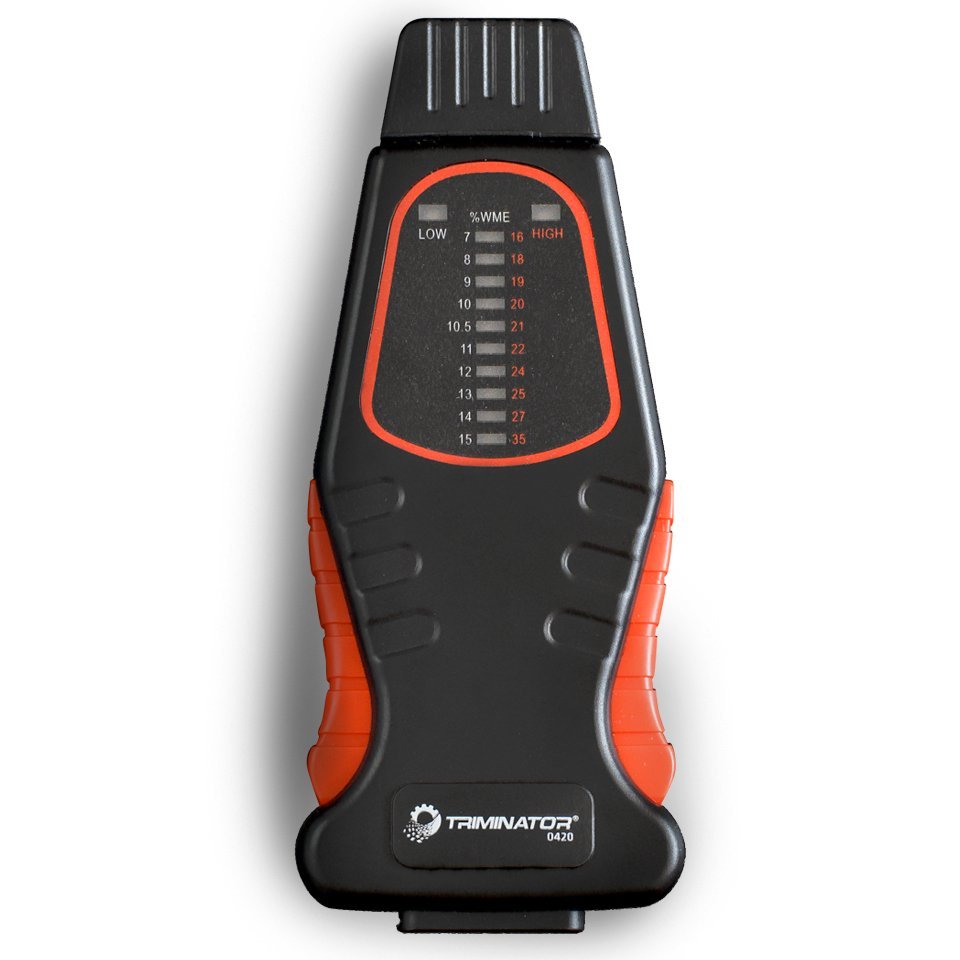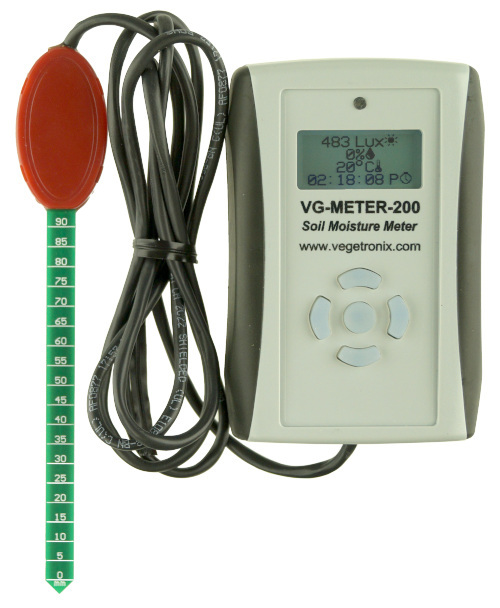The Science Behind Moisture Meters: Just How They Function and Why They're Crucial
The Ultimate Overview to Moisture Meters: A Comprehensive Review and Exactly How They Can Conserve You Cash
In the world of building maintenance, building, and different markets, the relevance of properly measuring wetness levels can not be overemphasized. Dampness meters act as crucial tools in finding and monitoring moisture material in products, assisting in avoiding pricey problems and guaranteeing the top quality of items. Understanding the subtleties of different sorts of moisture meters, their applications, and the possible cost-saving advantages they provide can be a game-changer for organizations and experts alike. Uncovering exactly how these devices can not just simplify processes yet also add to financial cost savings is a journey worth starting.
Types of Moisture Meters
One common type is the pin-type dampness meter, which gauges the electric resistance between 2 pins placed into a product. Pinless moisture meters, on the other hand, use electro-magnetic sensing unit plates to scan a bigger location without triggering damage to the material's surface.
Infrared dampness meters gauge the thermal homes of a material to establish its dampness web content non-invasively, making them valuable for applications where pin or pinless meters may not be appropriate. Understanding the different kinds of wetness meters available can assist industries pick the most suitable tool for their details moisture dimension demands.

Benefits of Using Moisture Meters

Furthermore, making use of moisture meters can bring about increased power effectiveness. By determining locations with high wetness degrees, such as leaks or inadequate insulation, adjustments can be made to enhance energy conservation and decrease energy expenses. In agricultural settings, dampness meters play a vital role in optimizing plant returns by enabling farmers to monitor soil dampness degrees and make notified irrigation decisions. Overall, the advantages of making use of wetness meters cover throughout various sectors, offering cost-effective options and advertising much better quality assurance methods.
How to Pick the Right Moisture Meter
Picking the suitable dampness meter entails considering key factors such as material compatibility, measurement range, and calibration precision. When choosing a wetness meter, it's necessary to guarantee that the meter appropriates for the certain product you will certainly be testing. Different materials have varying electric residential or commercial properties that can impact dampness analyses, so picking a meter designed for your material is essential for accurate results. Furthermore, consider the measurement series of the wetness meter. Guarantee that the meter can identify wetness levels within the array required for your applications. Calibration accuracy is another crucial factor to maintain in mind (Moisture Meter). Decide for a wetness meter with trustworthy calibration to ensure accurate and regular analyses. Some meters might call for periodic calibration adjustments, so understanding the calibration procedure is very important. By carefully assessing these view website elements, you can pick a dampness meter that fulfills your demands and offers precise moisture dimensions for your jobs.
Proper Strategies for Moisture Meter Use
To ensure precise wetness readings and make best use of the effectiveness of a wetness meter, using correct techniques is crucial. When making use of a pin-type moisture meter, insert the pins or probes into the product being tested up until they make complete call. By adhering to these proper methods, customers can count on their dampness meter to supply credible dampness degrees, assisting in preventing costly damage or guaranteeing high quality in different applications.

Expense Cost Savings With Moisture Meter Applications
Just how can the strategic use of moisture meters lead to significant expense savings throughout numerous industries? Moisture meters play an important function in expense financial savings by stopping prospective damage and making certain top quality control in different fields. In the farming industry, moisture meters help in establishing the optimum time for gathering crops, avoiding excess or over-drying dampness that can impact the last product's high quality. This specific tracking aids farmers avoid unnecessary losses and optimize their return.

Furthermore, in the food processing industry, wetness meters are important for keeping track of product quality and guaranteeing compliance with security policies. By precisely measuring moisture content in food items, producers can protect against spoilage, maintain quality, and minimize waste, causing significant price financial savings. On the whole, the tactical application of moisture meters is a valuable investment that can cause substantial price decreases and improved efficiency across numerous sectors.
Verdict
In verdict, dampness meters are important devices for determining and discovering dampness levels in different products. By making use of the appropriate moisture meter and following correct techniques, customers can properly prevent costly problems brought on by excess wetness. Buying a high quality dampness meter can bring about substantial expense savings in the future by identifying webpage potential concerns early and enabling timely remediation. Ultimately, moisture meters are important tools for keeping the honesty and longevity of products and structures.
Dampness meters offer as important devices in spotting and checking moisture material in materials, helping in preventing pricey damages and ensuring the top quality of items. Infrared dampness meters measure the thermal homes of a product to determine its wetness web content non-invasively, making them useful for applications where pin or pinless meters may not be ideal.Moisture meters provide very useful advantages in accurately examining and checking dampness degrees in diverse materials and atmospheres. In agricultural setups, dampness meters play an essential role in enhancing crop returns by making it possible for farmers to monitor dirt dampness levels and make notified special info irrigation choices.In conclusion, dampness meters are beneficial tools for measuring and discovering dampness levels in different products.